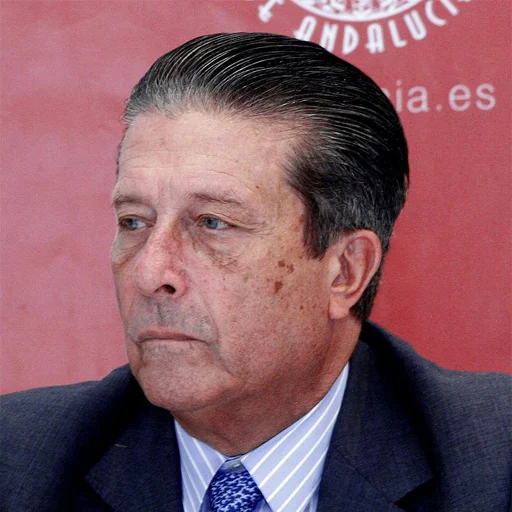After obtaining a doctorate in pharmacy from Complutense University in Madrid, Federico Mayor Zaragosa became professor of biochemistry at the University of Granada and then at the Autonomous University of Madrid. He is the author of over a hundred scientific articles on cerebral metabolism and the molecular pathology of the newborn. He has also published numerous articles on politics and the universality of science, the role of scientific and technical research in the society of the future, science and the contradictions of development, and the scientific community and peace.
From 1974 to 1978 he founded and directed the Severo Ochea Molecular Biology Centre at the Autonomous University of Madrid. Federico Mayor Zaragosa was also responsible for drawing up Spain’s national mental health plan.
From 1987 to 1999, he was Director-General of UNESCO. During his term of office, he developed the “Culture of Peace” programme, whose objectives focused on education, human rights and democracy, the fight against isolation and poverty, the defence of cultural diversity, intercultural dialogue, conflict prevention and peace-building. During his twelve years of service, he endeavoured to give life to the mission of “building a bastion of peace in the minds of all peoples”.
Founder and co-founder of several centres and foundations, he called for a new ethical and moral order whose cultural, scientific and social dimensions would guarantee a balance between economic and technological development. In 2005, Federico Mayor Zaragosa was appointed by Kofi Annan as co-chairman of the United Nations High-Level Group (HLG) for the Alliance of Civilisations. Based in New York, the Alliance works with governments, civil society and private organisations. It is supported by over 130 organisations in its mission to “eradicate misunderstandings between the Western world and Islam”.
